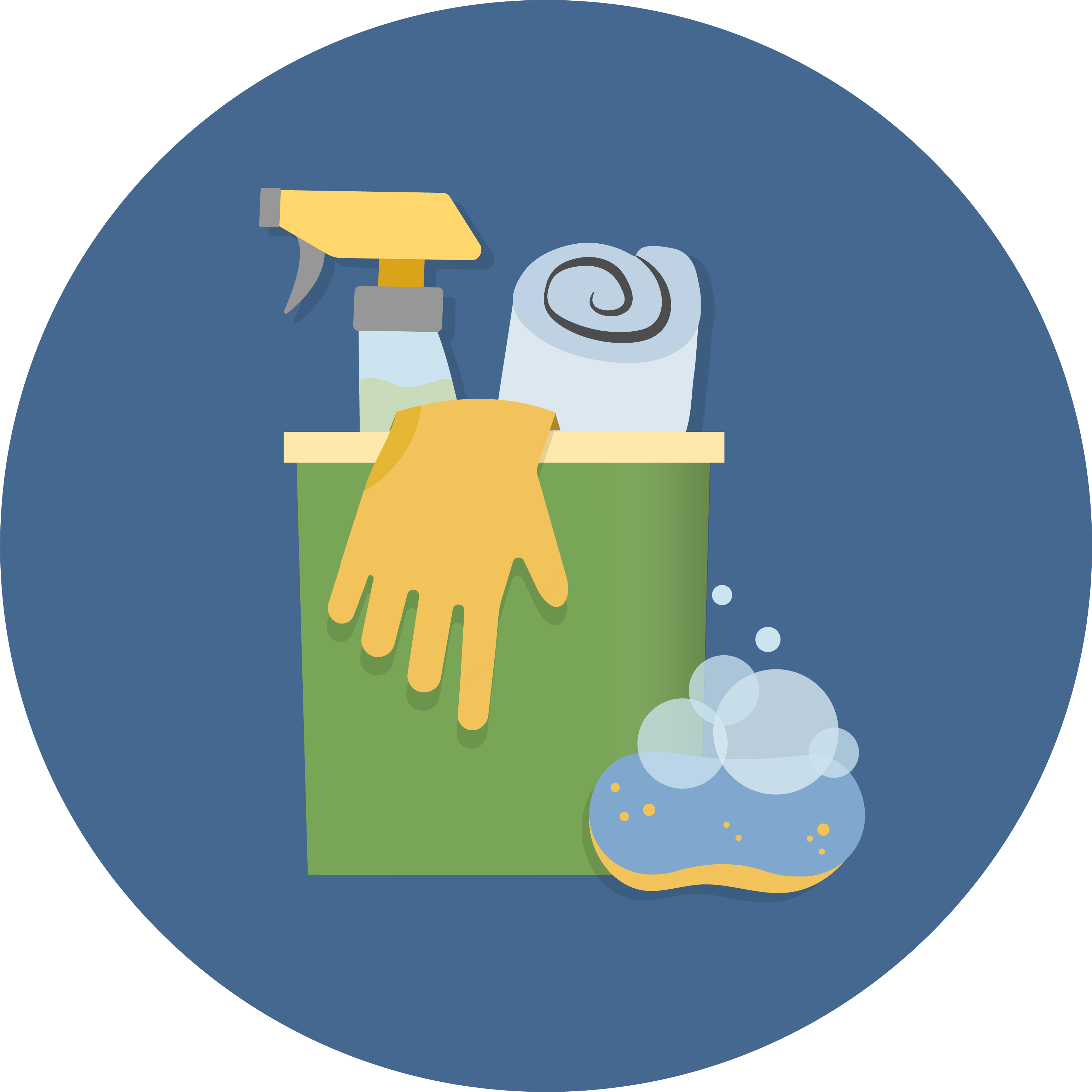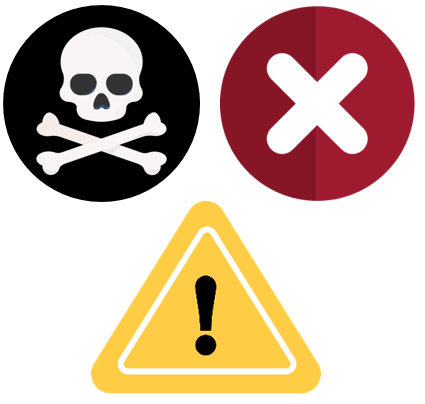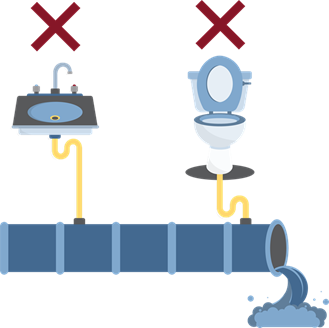Cleaners

- Manage cleaning products according to the Dangerous Waste Regulations.
- Apply cleaning best practices to improve worker safety.
- Switch toxic cleaners for less or non-toxic options.

Use our healthy home guide to learn about ways to reduce toxics at home and shop for safer products.
What cleaners designate as dangerous waste?
Common cleaners that may designate as dangerous waste include:
- Acetone.
- Aerosols.
- Bleach.
- Cleaners that contain:
- Acids (sulfuric, oxalic, sulfamic, etc.)
- Alcohols (ethanol, isopropyl, methanol, etc.)
- Alkaline bases (potassium hydroxide, sodium hydroxide, sodium hypochlorite).
- Ammonia, ammonium, or ammonium compounds.
- 2-butoxyethanol.
- Drano® products (which often contain sodium hydroxide or sodium hypochlorite).
- Lye (another term for sodium or potassium hydroxide).
- “Magic Eraser” sponges.
- Petroleum-based solvents:
- Mineral spirits (e.g., Stoddard solvent).
- Petroleum naphtha.
- Lacquer thinner.
-
How should businesses manage cleaners?

Businesses must designate cleaners to determine if they are dangerous waste. Many cleaning products have hazardous chemicals and often come with warning labels like Danger, Warning, Poison, and Caution.
For the health and safety of workers, be sure to:
- Store these products so they do not cause a reaction with other chemicals or cause a spill.
- Keep the product labels on and, if necessary, add labels to identify a product's hazards.
Are there best practices for cleaning and sanitizing?
Yes! By following these best practices you can reduce or even remove the need to designate cleaning products and also reduce the risk of toxic chemical exposure to staff and others.
-
Use cleaning products until empty
Products that meet the definition of an empty container are easier to manage and dispose of than those that do not. -
Switch to less or non-toxic cleaners
Using less or non-toxic products can reduce risks to your staff and others. Learn how to shop for safer products for businesses.
NOTE: While cleaning products can be less toxic, they may still designate as dangerous waste. -
Improve worker safety and knowledge
Help staff know the difference between cleaning and disinfecting, how to determine which to use, and how to protect themselves. Read the Safer Cleaning, Sanitizing and Disinfecting Strategies fact sheet from the University of Washington for more info.
How should businesses dispose of cleaners?

NEVER dump hazardous products down the drain, sink, toilet, or trash!
It's best to use a product until it's fully empty. To dispose of the product:
- Determine if it meets the criteria for an empty container and follow disposal requirements for empty containers.
- Designate any cleaner that does not meet the definition of an empty container to determine the correct form of disposal.
Contact an inspector in your region for more help.
Related links
Contact information
Need help?
Contact a dangerous waste inspector in your region.

